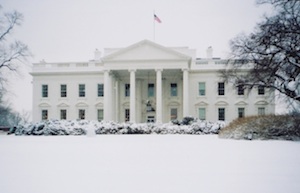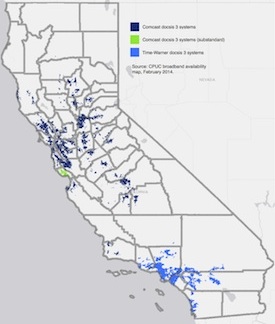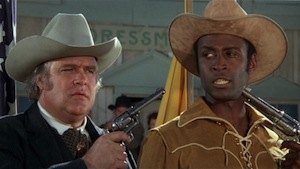Comcast has to clean up its act if it wants to merge in California

How about starting with some botox and a manicure?
If Comcast wants approval for its mega merger and market swap with Time-Warner and Charter, it’s going to have to meet some stiff, if mostly temporary, conditions. That’s the preliminary determination of a California Public Utilities Commission administrative law judge in his review of the deal.
The proposed decision – there’s still some back and forth to come, and final approval is subject to a vote by the five commissioners – reaffirms that the CPUC has authority under federal law to assess the impact of the merger on broadband, as well as telephone, service in California.… More






